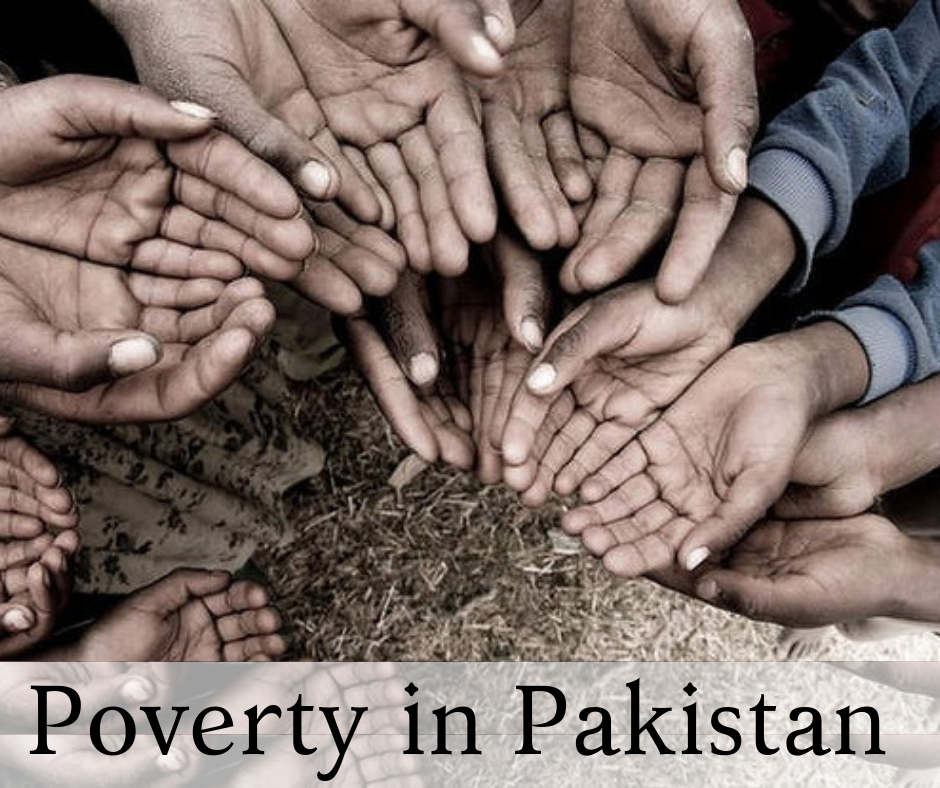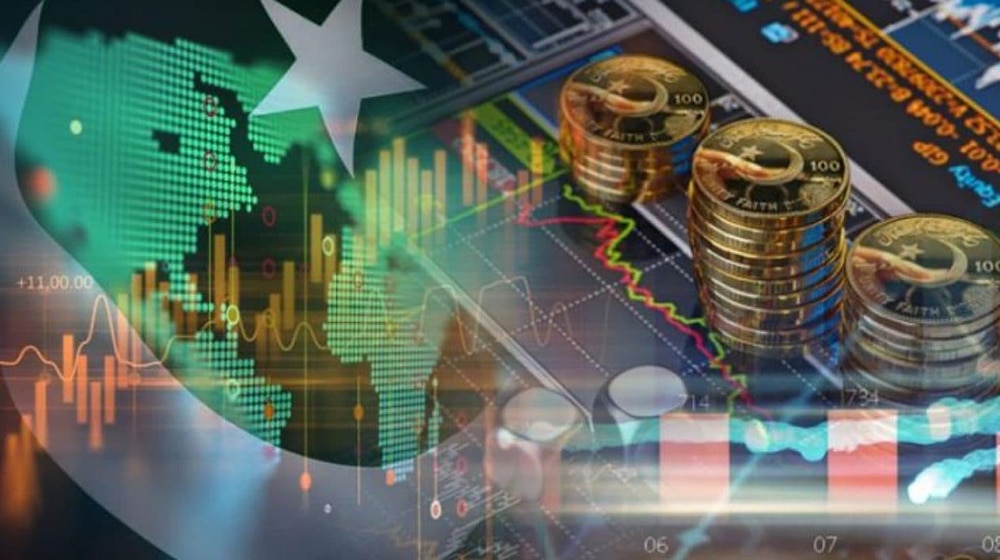Editorial
Poverty is a critical issue for any nation and society, as it affects its people’s well-being, dignity, and development. Poverty can be defined as the lack of adequate income or resources to meet the basic needs of food, clothing, shelter, health, and education. Poverty can also be seen as a multidimensional phenomenon that includes social exclusion, lack of voice and participation, vulnerability to shocks and disasters, and limited access to opportunities and services.
Poverty has various causes and consequences, depending on the context and the level of analysis. Common causes of poverty are low economic growth, unequal distribution of income and wealth, corruption, poor governance, lack of human capital, social discrimination, political instability, and environmental degradation. Some of the expected consequences of poverty are hunger, malnutrition, illiteracy, poor health, low productivity, unemployment, crime, violence, conflict, and migration1
According to the World Bank, poverty in Pakistan has increased from 4.4 per cent to 5.4 per cent in 2020-21 due to the COVID-19 pandemic and other factors. More than two million people have fallen below the poverty line in Pakistan. Using the lower-middle-income poverty rate of US$ 3.2 per day, the World Bank estimated that the poverty ratio in Pakistan stood at 39.3 per cent in 2020-21 and is projected to remain at 39.2 per cent in 2021-22 and might come down to 37.9 per cent by 2022-233. Poverty in Pakistan is higher in rural areas than in urban areas, and varies widely across districts and provinces.
To counter poverty in Pakistan at all levels, some possible measures are to enhance economic growth and create more jobs for the poor and vulnerable population segments. Then, improving the distribution of income and wealth through progressive taxation, social protection, land reforms, and asset redistribution is essential. Reducing corruption and improving governance through transparency, accountability, rule of law, and institutional reforms is also necessary. Following other measures are also important.
- Investing in human capital development through quality education, health care, nutrition, and skill training.
- Promoting social inclusion and empowerment of marginalized groups such as women, minorities, persons with disabilities, and refugees.
- Strengthening political stability and security by addressing the root causes of conflict and violence, such as inequality, injustice, extremism, and terrorism.
- Protecting the environment and natural resources by adopting sustainable practices such as renewable energy, water conservation, waste management, and climate change adaptation.
These measures require a coordinated effort from all stakeholders, including the government, civil society, the private sector, donors, and international organizations. Poverty reduction is a moral obligation and a strategic necessity for Pakistan’s development and prosperity.
Please, subscribe the YouTube channel of republicpolicy.com
















